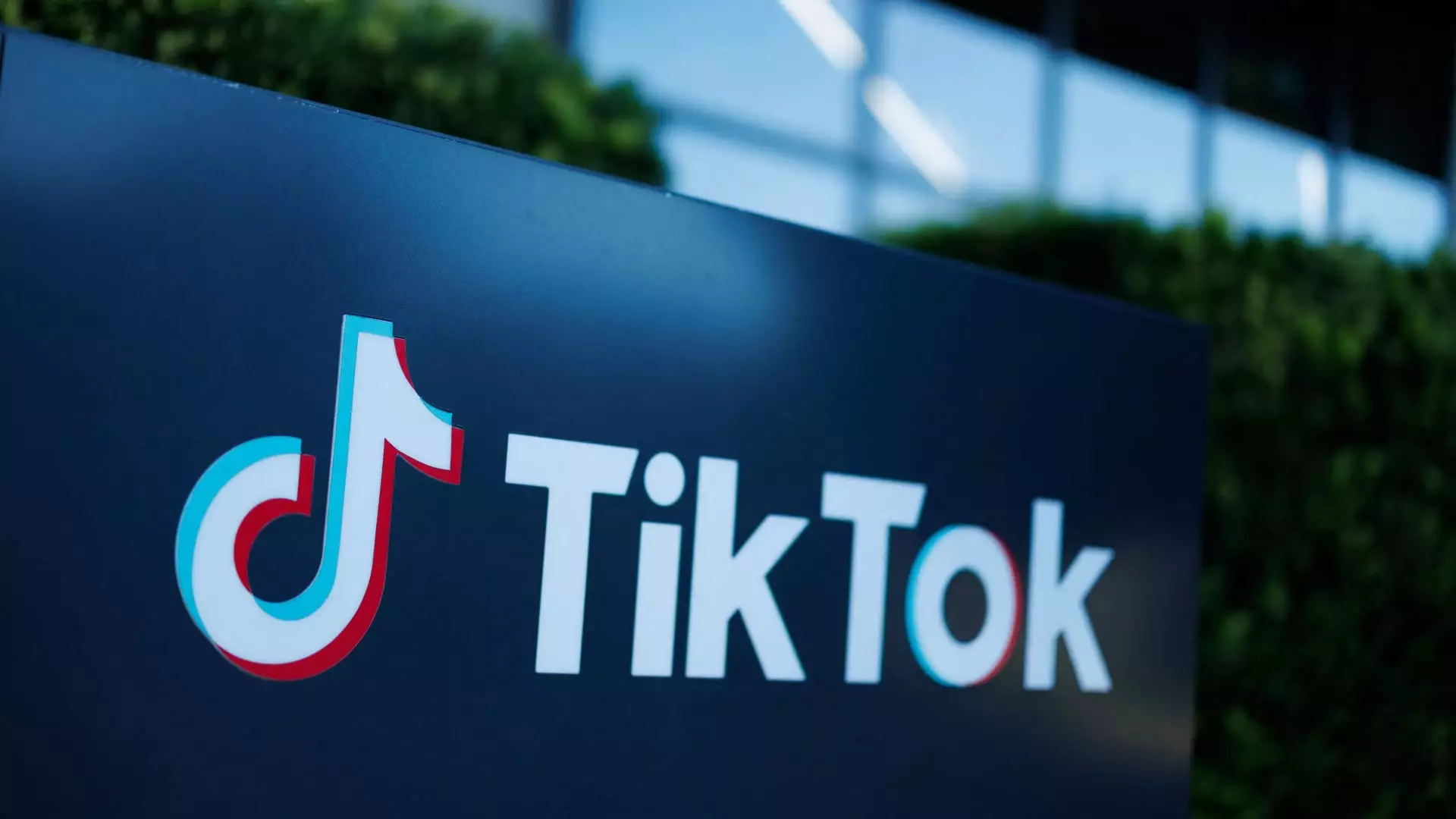As social media platforms continue to evolve and shape the landscape of digital interaction, TikTok finds itself under scrutiny from multiple fronts, and the allegations are serious. Recently, a coalition of 13 state attorneys general alongside the District of Columbia’s Attorney General, Brian Schwalb, have leveled significant claims against this popular app. While the charges encompass various areas, one in particular raises urgent questions about children’s safety in the digital economy. At the heart of this controversy is the assertion that TikTok’s financial practices, specifically its virtual currency, resemble manipulative tactics often associated with gambling establishments.
At the crux of the allegations is the accusation that TikTok operates an unlicensed digital currency, which allows children to engage in financial transactions reminiscent of betting chips at a casino. According to Schwalb’s lawsuit, this system operates through TikTok Coins, which children can purchase with real currency. This transaction alone raises flags, as it places financial power in the hands of minors—individuals who typically lack the experience to navigate such economic dealings skillfully. By facilitating easy access to this virtual marketplace, TikTok ostensibly capitalizes on the innocence and naivety of its younger audience.
The lawsuit asserts that the financial transactions facilitated through TikTok’s livestreaming features significantly harm children and exploit them financially. The platform not only collects 50% of the revenue from purchases of TikTok Coins but also extracts an additional cut from digital gifts that users buy with those coins and send to content creators during live streams. Essentially, TikTok’s model is not just about engagement; it is also a well-oiled machine designed to generate profit, often at the expense of its most vulnerable users.
An alarming aspect of this situation is TikTok’s purportedly lax age-verification methods, which reportedly enable young users to circumvent protections meant to safeguard them. This inadequacy in safeguarding minors from potential financial exploitation signals broader issues regarding the platform’s responsibility in maintaining ethical practices. With weak age-verification and a profit-driven model that encourages children to spend their parents’ money—or their own limited funds—one cannot help but wonder whether TikTok’s operations are not just exploitative, but also reckless.
Gabriel Robins, a computer science professor, highlights an important consideration: children are naturally inexperienced when it comes to financial decisions, making them particularly susceptible to manipulation. The appeal of bright colors and joyful graphics masks a more sinister reality, wherein monetary losses can occur without the child even recognizing the implications. The emotional weight of ‘fun’ and ‘engagement’ often overshadows any financial caution that might otherwise inform a child’s experience on the platform.
A Call for Industry Reform
As discussions emerge about TikTok’s practices, there is potential for ramifications that ripple across the tech landscape. The D.C. lawsuit could compel other major social media platforms to reevaluate how they define and regulate economic interactions within their ecosystems. Brooke Erin Duffy, a Cornell University communication associate professor, notes this moment may serve as a catalyst for reform across the board—not just for TikTok.
Therefore, it begs a critical question: can the tech industry balance the drive for revenue with its ethical obligations to protect children and young users? It is apparent that consumers—particularly the young ones—need more robust protections against financial exploitation in digital environments. If bold measures aren’t taken, there’s a risk of normalizing exploitative practices obscured by layers of ‘fun’ digital interaction that fail to showcase their darker implications.
The allegations against TikTok resonate with a larger conversation about the accountability of social media companies in the financial realm. As parents, regulators, and activists advocate for stronger protections and transparent practices, it remains to be seen whether platforms like TikTok will heed the warnings being broadcasted by officials. As society grapples with the complexities of digital economies, we must prioritize the safeguard of our children against potential financial exploitation masquerading as light-hearted engagement. The road ahead demands diligence, caution, and significant reform, giving due credit to the vulnerabilities of our youngest users amid the digital age’s rapid evolution.



Leave a Reply